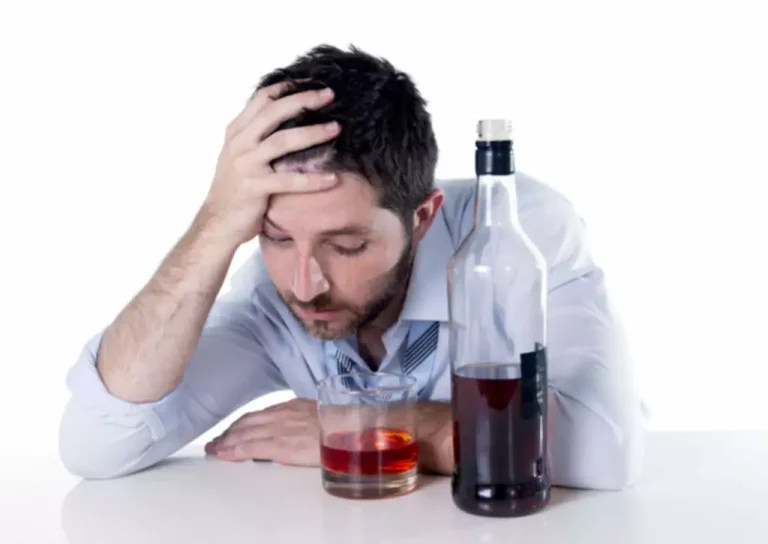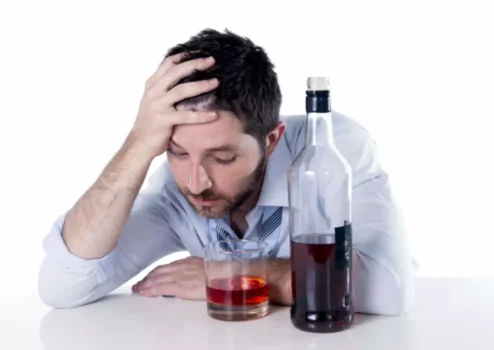
Having a strong support system in place increases accountability and provides necessary resources to navigate high-risk situations. A relapse refers to returning to an unhealthy behavior or condition after improvement or recovery. It commonly occurs in addiction, but it can also happen in mental health conditions or chronic illnesses. An individual’s mindset plays a pivotal role in their addiction recovery journey.
- Our experienced and compassionate team here at Free by the Sea is here to help you.
- Individuals may suffer from uncontrollable drug or alcohol cravings when exposed to certain cues.
- If recovery is your priority, then making sure you avoid becoming too hungry, angry, lonely, or tired will also need to become priorities.
- At Discovery Institute, our team of professionals can help you gain some insight into how to recognize relapse triggers and what to do if you relapse after you’ve completed rehab and detox.
- Our private programs are tailormade to suit individual needs and our doctorate level clinical staff have extensive experience in the field of addiction.
Long-term Sobriety: Continuous Management of High-Risk Situations
- Developing healthy coping mechanisms and self-care practices is essential.
- Relapse triggers can vary from person to person, making it essential to approach recovery with personalized care and support.
- A significant amount of people struggling with substance abuse find it difficult to resist relapse triggers.
If you’ve been physically isolated for a while, aim to get outside to a place where you can safely be in the company of others, such as a public park. Sometimes simply being around other people can help diminish the sense of loneliness that may creep up in recovery. The stress and discomfort of anger, which may be combined with feelings of helplessness, guilt, or frustration, can lead you to seek an immediate release via old habits. While we can’t – and shouldn’t – completely avoid feelings of anger, we can change the way we manage and process these feelings.

Positive Feelings Trigger Relapse
- Therefore, creating awareness around these 4 conditions can assist you greatly towards preventing a possible relapse.
- Some studies have indicated that mindfulness-based relapse prevention skills can be an effective way to deal with emotional triggers.
- All of these situations could potentially lead to a relapse if you’re not prepared.
- These emotions may arise during the recovery process, and it is important to have healthy coping mechanisms in place to deal with them.
- Some, people struggling with drug and alcohol addiction feel as though they can’t mix and mingle without the use of substances.
- By actively identifying and addressing high-risk situations, individuals can proactively manage their recovery journey and reduce the likelihood of relapse.
In order to prevent and manage relapse, it is crucial to identify and understand the triggers that can lead to a recurrence of addictive behaviors. This article aims to provide insights into the common triggers for relapse and strategies to effectively manage these high-risk situations. Understanding the nature of addiction and recognizing the signs of Drug rehabilitation potential relapse empowers individuals to handle high-risk scenarios more effectively. Support groups and recovery programs often provide resources that reinforce knowledge about triggers, coping mechanisms, and the importance of self-care. As individuals learn to navigate their emotions and environments, they increase their chances of long-term sobriety.

The Role of Emotional States in Relapse
This means analysing and understanding why you are angry, and then making a decision about how to release some of the tension caused by it. Going for a workout or talking to a trusted friend can help soothe turbulent emotions. Co-occurring mental illnessesare common in people with substance abuse disorders. In fact, substance abuse may begin as an attempt at self-medication to cope with undiagnosed depression, anxiety, or another mental illness.

Social Dynamics and Recovery

Also, stay informed about addiction, relapse triggers, and recovery strategies. People who participated in your addictive behavior are potential triggers for a relapse, regardless of whether or not they are still drinking, smoking, or using drugs. Likewise, certain places that remind you of your addiction may be triggering for you. Even some family members could be a trigger, especially if they make you feel more https://ecosoberhouse.com/ childlike and vulnerable.
What Ben Affleck’s Return to Rehab Says About Addiction

Engaging in social activities that align with a relapse triggers list sober lifestyle fosters positive connections and reduces the vulnerability to relapse. Implementing these coping strategies can significantly strengthen your ability to manage triggers, maintain sobriety, and lead a fulfilling life in recovery. Tailoring these techniques to suit your individual needs and preferences is key to their effectiveness.
